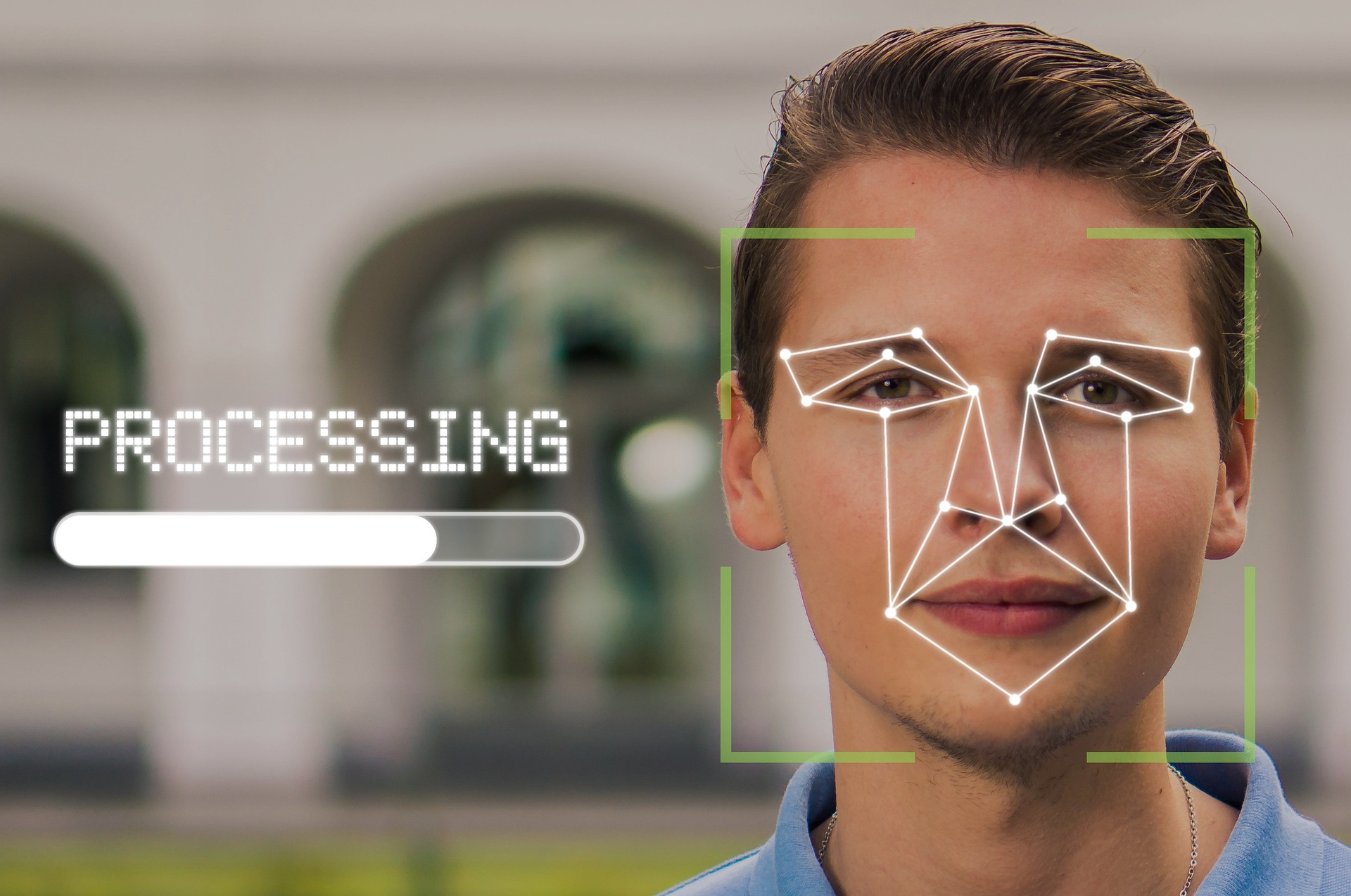The Transformative Influence of Technology on Copyright Law
Introduction: Delve into the intriguing interplay between technology and copyright law, as we explore how advancements in the digital world are reshaping the legal landscape. Copyright law, as we know it today, has its roots in the 18th century. The Statute of Anne, enacted in Britain in 1709, is considered the first copyright law, granting authors exclusive rights to their works for a fixed period. Fast forward to the 21st century, and the landscape of copyright law has transformed dramatically due to the pervasiveness of technology.
The Impact of Digital Technology on Copyright Law
With the advent of digital technology, the dissemination of copyrighted material has become easier and faster than ever before. File sharing, streaming platforms, and social media have created new avenues for unauthorized reproduction and distribution of copyrighted content, challenging traditional copyright law enforcement.
The Legal Response to Technological Advancements
In response to these challenges, legislators have adapted copyright law to accommodate the digital era. Notable examples include the Digital Millennium Copyright Act (DMCA) in the US and the Copyright Directive in the EU. These laws aim to balance the rights of copyright holders with the technological realities of the digital age, but they also raise critical questions about fair use, freedom of expression, and the role of technology companies.
The Implications of New Copyright Laws on Society
These legislative changes have significant implications for society. On one hand, they provide necessary protection for creators in the digital age. On the other hand, critics argue that these laws may stifle innovation and limit access to information. For instance, the EU’s Copyright Directive has sparked controversy over its potential impact on user-generated content and the free flow of information online.
The Future of Copyright Law in the Technological Era
The future of copyright law in the era of technology is uncertain but fascinating. The rapid pace of technological advancements continually challenges the adaptability of copyright law. As artificial intelligence, blockchain technology, and virtual reality become increasingly prevalent, they will undoubtedly influence how we interpret and enforce copyright law.
In conclusion, the intersection of technology and copyright law is a dynamic and complex sphere. It is a testament to our times—a reflection of how legal systems must evolve to keep pace with societal shifts. As we continue to navigate this digital era, the role of copyright law will be pivotal in shaping the balance between innovation and the protection of intellectual property.





